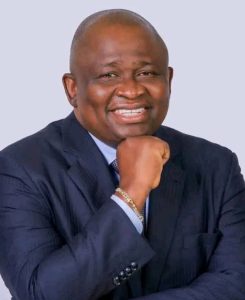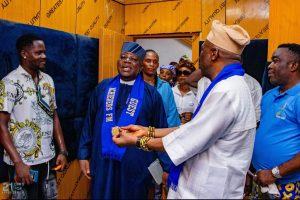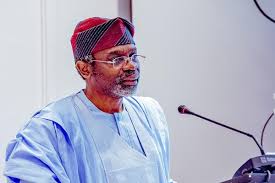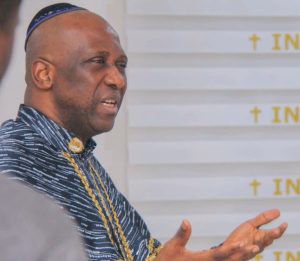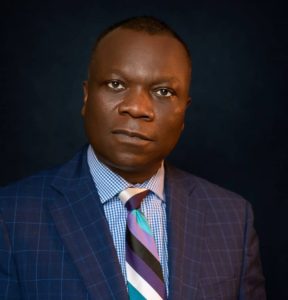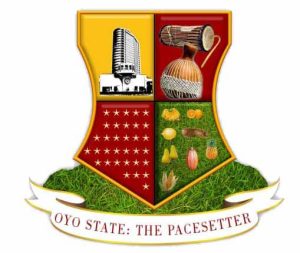Faruk Abdullahi: Financial Analyst, Policy Critic, and Advocate for Economic Justice in Nigeria
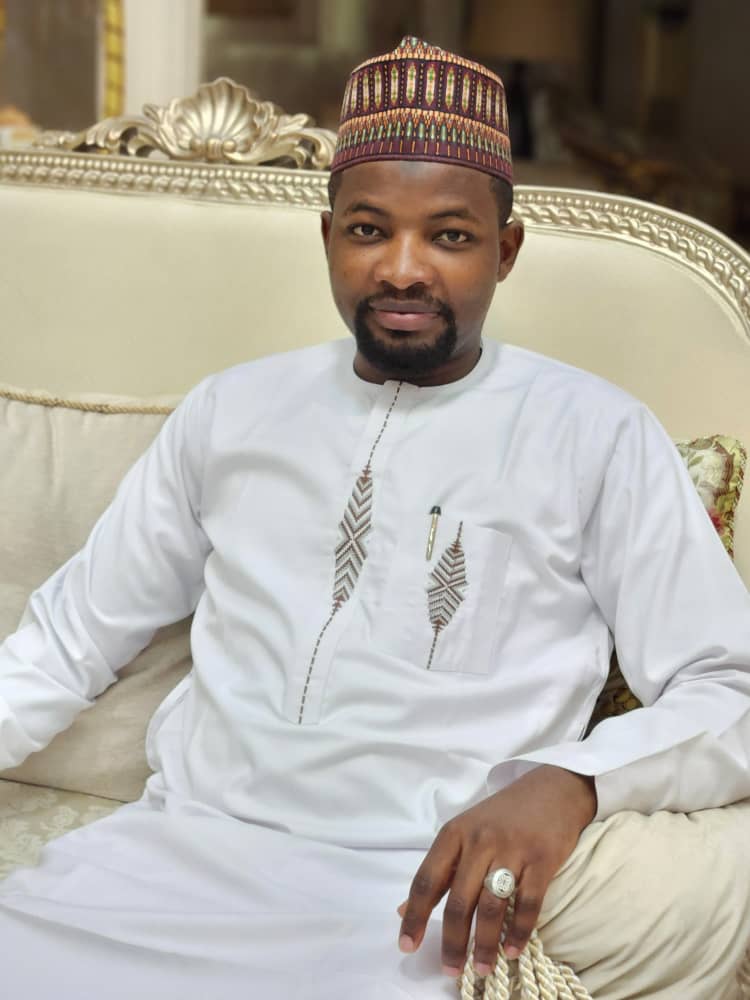
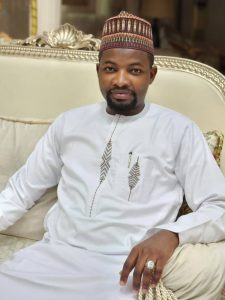
Faruk Abdullahi is a distinguished financial analyst and a fearless public policy critic whose voice resonates powerfully across Nigeria’s economic and political discourse. His work goes far beyond technical analysis—he stands as a principled advocate for economic justice, committed to ensuring that financial policies reflect the interests of ordinary Nigerians rather than elite agendas.
With a razor-sharp intellect and a deep-seated ethical compass, Faruk has consistently leveraged his financial acumen to interrogate and challenge the structural decisions that shape Nigeria’s economic trajectory. He possesses a rare blend of analytical depth and moral clarity—qualities that have made him a highly respected commentator in both professional and public circles.
Faruk’s prominence rose sharply during the heated 2023 general elections, a period marked by policy uncertainty and widespread public discontent. As a sought-after media contributor, he became a calm yet forceful voice of reason, offering balanced and data-driven perspectives on national economic affairs. In particular, his critique of the Central Bank of Nigeria’s controversial naira redesign policy was both timely and courageous.
Faruk lambasted the policy’s chaotic rollout, condemning the currency scarcity it caused as a brutal and unnecessary blow to millions of struggling Nigerians already reeling from inflation, unemployment, and structural poverty. He described the situation as not just a policy failure but a humanitarian crisis. Yet, true to his solution-oriented nature, Faruk did not stop at criticism. He offered well-articulated alternatives grounded in global best practices, emphasizing the need for inclusive stakeholder engagement, realistic implementation timelines, and human-centered policy frameworks.
Another area where Faruk has distinguished himself is in the complex terrain of foreign exchange policy. A consistent and vocal advocate for forex unification, he has repeatedly decried the damaging effects of parallel market distortions. He argues persuasively that a fragmented forex regime undermines investor confidence, penalizes domestic manufacturers, and entrenches systemic inefficiencies. His proposed reforms are focused on transparency, regulatory alignment, and the creation of a conducive environment for long-term investments.
Faruk’s economic philosophy is anchored in the principles of self-reliance, inclusive growth, and sustainable development. A staunch supporter of the Made-in-Nigeria movement, he envisions a future where the Nigerian economy thrives through increased local production, value-added exports, and a reduced reliance on imported goods. He advocates for a strategic industrial policy that strengthens national productive capacity, boosts employment, and stabilizes the naira through export-driven foreign exchange earnings.
What sets Faruk apart is his unwavering patriotism. His financial commentary is not merely academic—it is deeply passionate, community-focused, and driven by a genuine desire to build a more equitable and prosperous Nigeria. Whether addressing television audiences, writing op-eds, or engaging policymakers, Faruk Abdullahi continues to inspire a generation of Nigerians to rethink economics not just as a science, but as a tool for social justice and national renewal.


